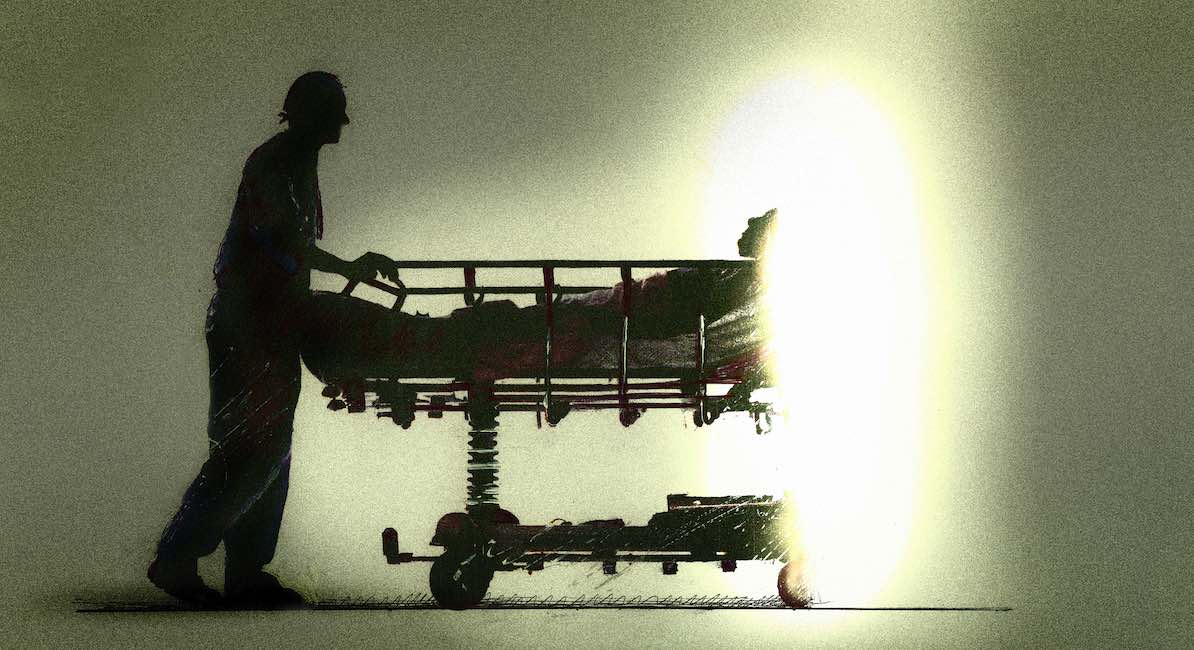New Zealand’s proposed assisted suicide law was condemned during a UN Human Rights Council Meeting this week. Legal advocacy group ADF International spoke out against the law, which will go to a public vote on October 17, 2020.
“A fair and just society cares for its most vulnerable,” said ADF International Legal Officer Giorgio Mazzoli during an interactive dialogue with the Independent Expert on the Enjoyment of all Human Rights by Older Persons. “The potential impact that the legislation of euthanasia and assisted suicide via the End of Life Choice Act of 2019 would have on older persons in New Zealand is deeply alarming.”
“If human dignity becomes linked to a person’s state of health or self-determination, it loses its inherent and objective character,” he added.
According to Right to Life UK, New Zealand will be the first nation to put euthanasia to a binding public vote. Lawmakers had approved the End of Life Choice Act of 2019 last year by a vote of 69 to 51. Similar laws had previously failed twice.
Concerns regarding a lack of safeguards in the law have been raised by multiple medical professionals. The World Medical Association and New Zealand Medical Association both oppose euthanasia and assisted suicide and more than 1,700 New Zealand doctors have formed the “Doctors Say No” movement to oppose the law. The group believes doctors should be left “to focus on saving lives and providing real care to the dying.”
READ: Prominent New Zealand politician pushes for legalization of euthanasia
Hospice New Zealand is concerned that if this law goes into effect, people with terminal illnesses may be pressured into assisted suicide. According to Right to Life UK, the law does not require an assessment to ensure that people are not being coerced into assisted suicide, or to determine if they are choosing suicide due to a lack of treatment options or access to palliative care. There are also no mental health check requirements.
One woman who opposes the bill, Vicki Walsh, was diagnosed with brain cancer and was told that she had no more than 14 months to live. That was in 2011. She said if assisted suicide had been available to her she would have taken it. She attempted suicide but is grateful it didn’t work because she is still alive nine years later. She now realizes that all of those years ago, she was suffering from depression.
The legalization of assisted suicide sends a message to the disabled and terminally ill that their lives are not worth living to their natural end. While suicide among the young and able-bodied is seen as a tragedy, suicide among the elderly, sick, and disabled is celebrated as a right. If New Zealand’s law is accepted in the public vote, vulnerable people will be pressured to die instead of receiving proper care.
“Like” Live Action News on Facebook for more pro-life news and commentary!







